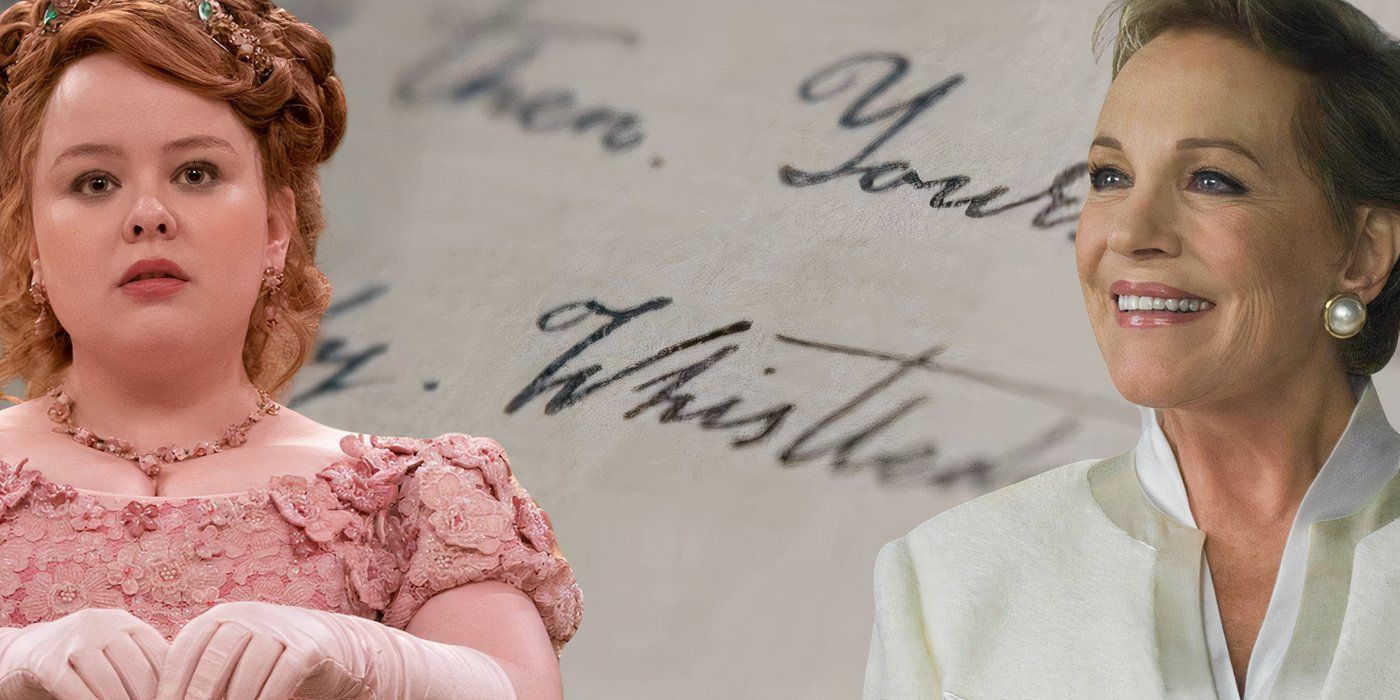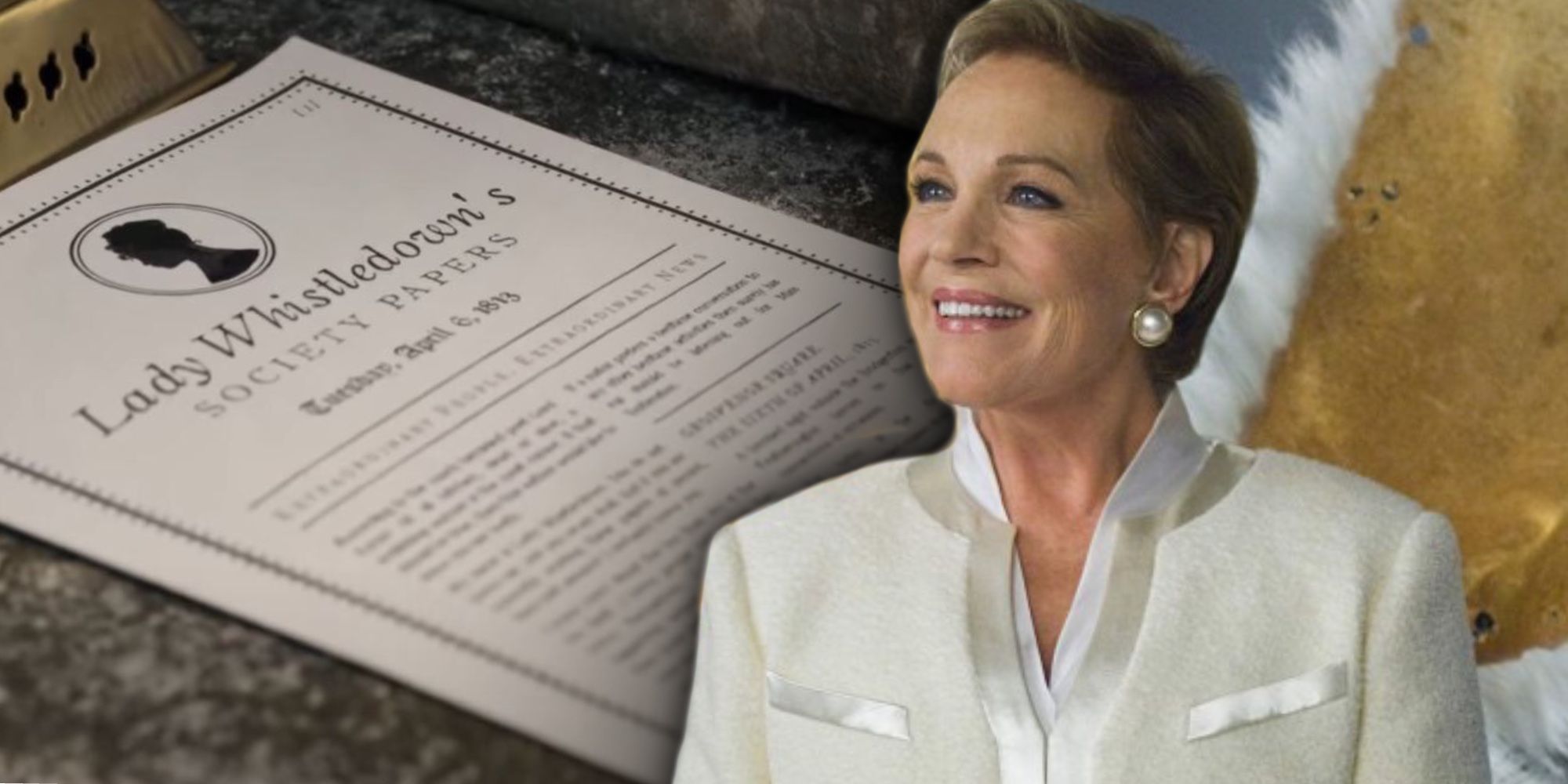The Voice of Lady Whistledown in Bridgerton: A Literary Analysis

Introduction
The series Bridgerton, based on Julia Quinn’s novels, has captivated audiences with its intricate plot and vivid characters. At the heart of this series is the enigmatic figure of Lady Whistledown, a pseudonymous gossip columnist who holds the power to shape the social landscape of London. This article delves into the role of Lady Whistledown, analyzing her character, influence, and the impact she has on the series.
The Pseudonym and the Power
Lady Whistledown is a pseudonym used by a woman of high social standing to pen a weekly column in the London Gazette. Her identity remains a mystery throughout the series, adding to her allure and mystique. The use of a pseudonym is a strategic move, allowing her to speak freely about the social elite without fear of retribution. This anonymity grants her the power to influence public opinion and shape the reputations of the characters within the series.
The Social Commentary

One of the primary functions of Lady Whistledown’s column is to serve as a social commentary on the events and personalities of the era. Her observations are sharp and witty, often highlighting the absurdities and hypocrisies of high society. For instance, her critique of the marriage market and the pressure placed on young women to marry for status rather than love is a poignant reflection of the societal norms of the time. This serves as a critical lens through which readers can view the characters and their actions.
The Influence on Characters
Lady Whistledown’s column has a significant impact on the characters within the series. Her words can make or break reputations, and her opinions often drive the plot forward. For example, her praise of Daphne Bridgerton’s beauty and charm helps to solidify her as a desirable bride, while her criticism of Lady Whistledown’s own character leads to a series of misunderstandings and conflicts. This demonstrates the power of the press in shaping public perception and the consequences of being on the wrong side of a gossip column.
The Role of Satire
Lady Whistledown’s use of satire is a key element of her character and her column. She often employs irony and wit to expose the flaws and vices of the upper class. This satirical approach not only adds humor to the series but also serves as a social commentary on the era. For instance, her portrayal of the Marquess of Hastings as a man who is as charming as a cobra is a humorous take on the character’s true nature, which is revealed to be quite different from the image Lady Whistledown paints.

The Pseudonym as a Tool for Change
The use of a pseudonym by Lady Whistledown also serves as a tool for change. By writing under a pseudonym, she is able to challenge societal norms and expectations without fear of retribution. This allows her to advocate for causes such as women’s rights and the importance of love in marriage. Her column becomes a platform for social reform, as she encourages readers to question the status quo and consider alternative perspectives.
The Legacy of Lady Whistledown
Lady Whistledown’s influence extends beyond the pages of Bridgerton. Her character has become a symbol of the power of the press and the importance of free speech. She represents the idea that even a single voice can have a significant impact on society. Her legacy is one of courage and conviction, as she uses her column to advocate for change and challenge the status quo.
Conclusion

The character of Lady Whistledown in Bridgerton is a complex and fascinating figure. Her role as a pseudonymous gossip columnist allows her to wield significant influence over the social landscape of London. Through her sharp wit, social commentary, and satirical observations, she challenges societal norms and advocates for change. Lady Whistledown’s legacy is one of courage and conviction, serving as a reminder of the power of the press and the importance of free speech. Her character continues to resonate with readers, making her an enduring figure in the literary world.







